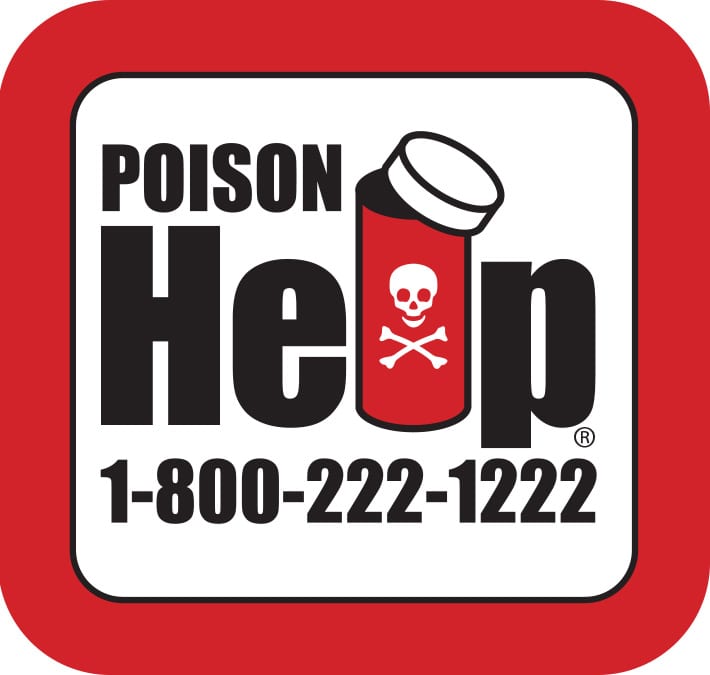Maplewood, NJ
Home MenuPoison Control
New Jersey Poison Center
The New Jersey Poison Center provides free poison consultation and drug information through its Poison Help Hotline. Call 1-800-222-1222 or text 973-339-0702.
When contacting the hotline, callers reach specially trained health care professionals—nurses, pharmacists, and doctors—who can provide help with poison emergencies or answer questions ranging from drug information and medication use to breastfeeding. The hotline is available 24 hours a day, 7 days a week, 365 days a year.
Practice Safe Storage Habits
The following items should be stored up, away, and out of sight of children, and in their original containers. Alternatively, keep these substances in cabinets secured with child-resistant locks. Keep in mind that there is no such thing as a 100-percent child-proof lock or container.
- All medicines and pharmaceuticals, including over-the-counter medicines, prescription medicines, vitamins, and supplements
- Tobacco and e-cigarette products, especially liquid nicotine
- Alcohol
- Laundry and cleaning supplies
- Pesticides and insect repellents
- Button batteries, such as those found in musical greeting cards, key fobs, etc.
- Any type of oil or lubricant, including fragrance oils, tiki torch oils, engine oil, etc.
- Personal care products, especially contact lens disinfectants and hand sanitizers
- Other chemicals
Read and Follow Labels and Directions
Make a habit of reviewing the label on any potentially hazardous substance or product prior to use, especially before administering medicines. Take care to follow usage directions, as well as instructions for safe storage and disposal. Contact Poison Control if you have any questions about the directions.
Detect Invisible Threats
To protect your family, install carbon monoxide detectors in your home. Carbon monoxide is a colorless and odorless gas that can lead to severe illness and even death. Most carbon monoxide exposures occur during the winter months or during power outages.
Prepare Food Safely
Practice safe food preparation and handling to avoid food poisoning. You can find more information and resources on our Food Safety page.
